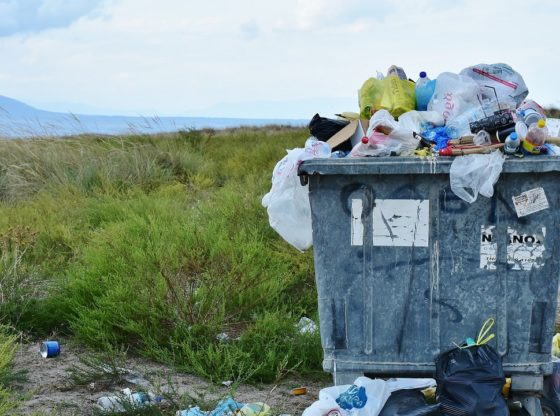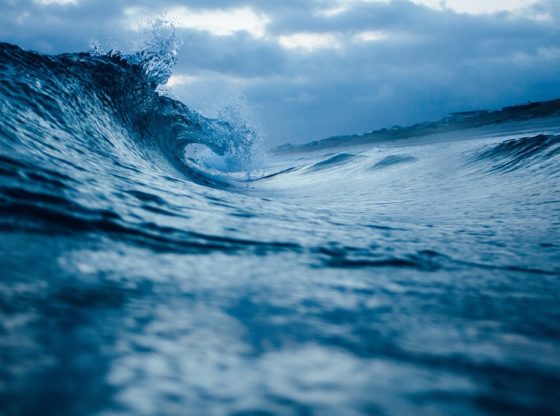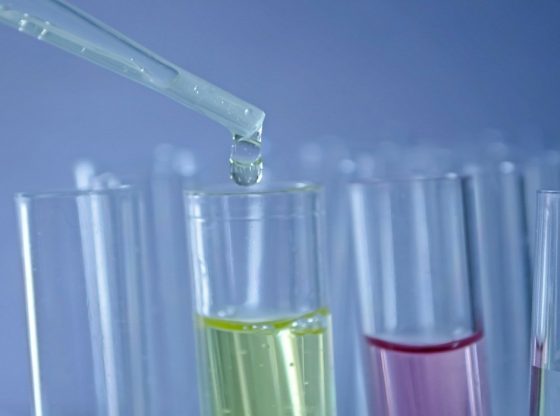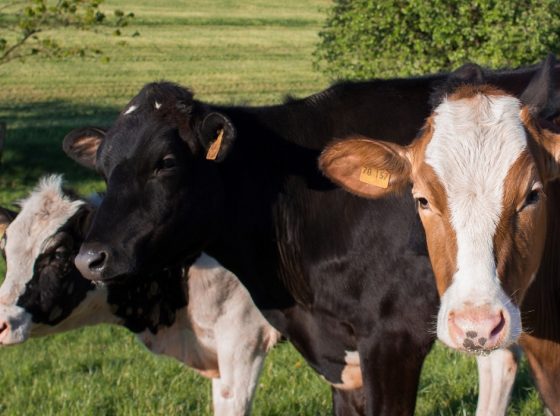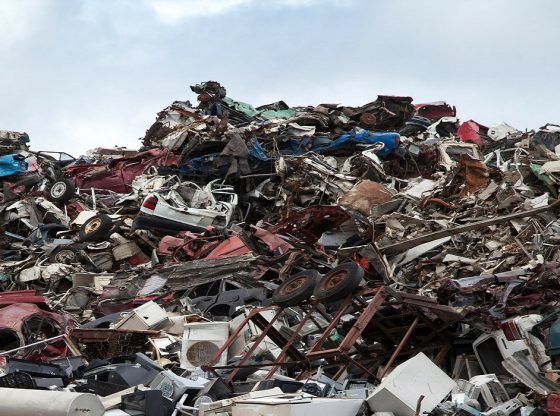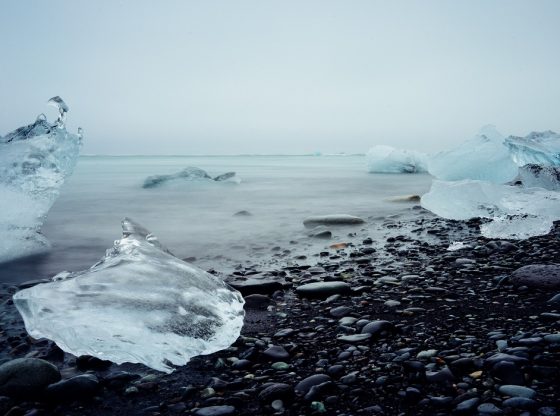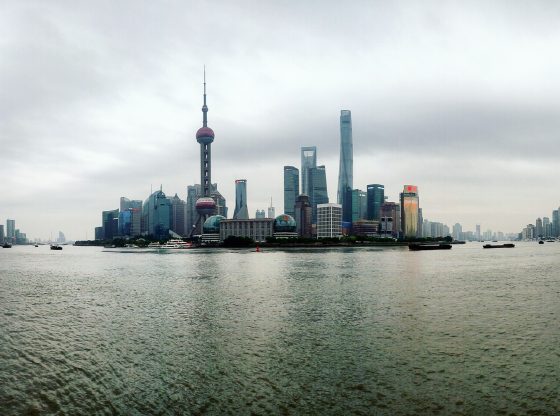New research shows that people around the world risk drinking micro plastics with their tap water. Samples from countries around the world indicate the presence of plastics.
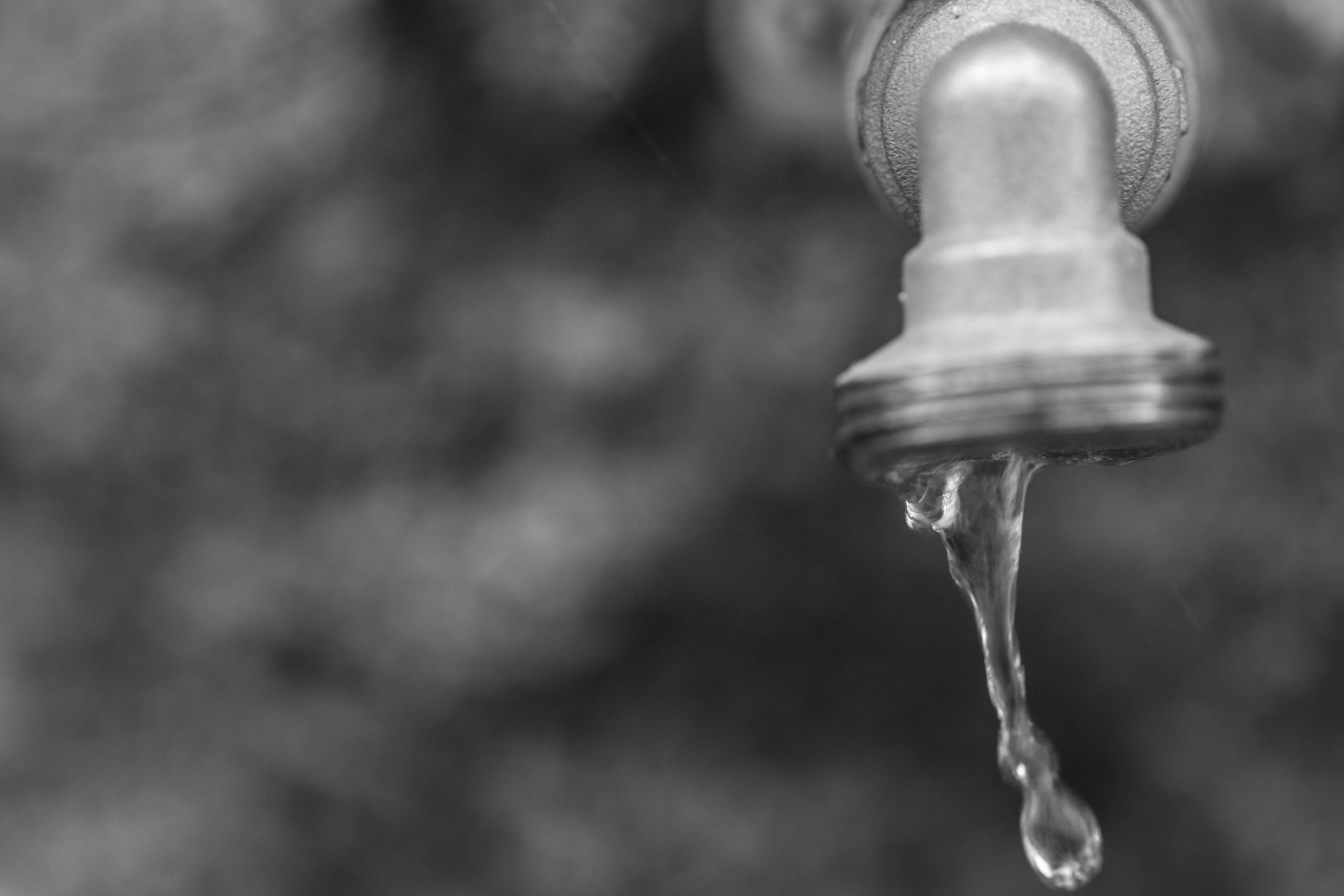
Microplastics is an ever growing global problem. Now, a report from the American journalist network Orb shows that plastics can now also be found in tap water.
Orb collected water samples in 13 different countries around the world, it was then tested and analyzed by American researchers.
A total of 83 percent of the tap water samples was contaminated with plastics. The highest proportion of polluted samples came from the United States, with 94 percent of samples containing plastic fibers.
European countries had the lowest percentage of polluted samples compared to other areas investigated, yet 72 percent of samples from Slovakia, Great Britain, Germany, Switzerland, Ireland, France, and Italy contained plastics, on average.
The average number of fibers found in each 500ml sample ranged from 4.8 in the US to 1.9 in Europe.
Although not a scientifically validated study, it is interesting data, even so. Highlighting an area of research. We know that we get plastic in the food we eat and even through the air we breathe.
Microplastics have been found in, for example, mussels, oysters, sea salt and honey. There are also incredible amounts in the air, that we inhale, not least from clothes we wear.
Exactly what it means for peoples health to get micro plastics or even nano plastics is to a large extent unknown. Studies on human cells in the laboratory have shown that the smallest particles, nanoparticles, can interfere with the respiratory function.
We do however know that microplastics have adverse effects on ocean wildlife.
“We have enough data from looking at wildlife, and the impacts that it’s having on wildlife, to be concerned,”
– Dr Sherri Mason, a microplastic expert at the State University of New York in Fredonia, said to the Guardian. She supervised the analyses for Orb.
“If it’s impacting [wildlife], then how do we think that it’s not going to somehow impact us?”

